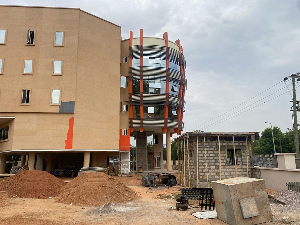The Minerals Commission of Ghana, under the leadership of its current Chief Executive Officer, Martin Ayisi, has intensified efforts to decentralise its operations to enhance efficiency and effectiveness across the country.
As part of this initiative, the Commission is making significant progress in constructing and renovating regional and district offices to bring its services closer to mining communities and improve regulatory compliance.
This move aims to foster efficient and effective regulation and management of Ghana’s mineral resources by developing a solid, knowledge-based, self-driven organization. The Commission recognises that mining investments will occur and be sustained only under win-win circumstances.
The Minerals Commission of Ghana is a government agency primarily responsible for developing and coordinating mineral sector policies and monitoring their implementation.
The Commission was established under the Minerals Commission Law (PNDCL 154). Following the promulgation of the 1992 Constitution, the Parliament of Ghana enacted the Minerals Commission Act, 1993 (Act 450) to provide continued legal backing for the Commission’s existence, as required by Article 269(1) of the Constitution.
Transforming Kumasi with a modern Office Complex
The much-anticipated Kumasi Office Complex is set to redefine the city’s mining regulatory landscape. As of February 22, 2025, the project is well underway, with completion expected in the next three months.
The facility will include a state-of-the-art laboratory dedicated to testing mining equipment and ensuring compliance by mining companies. Strategically located near Rattray Park and visible from the Lancaster Hotel (formerly Golden Tulip), the office will serve as a critical hub for mineral regulation in the Ashanti Region.
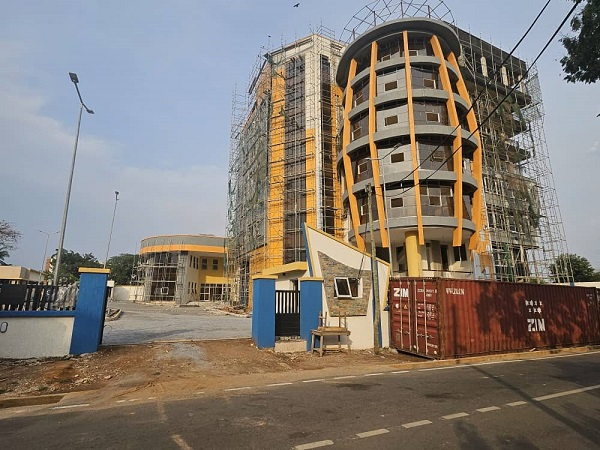
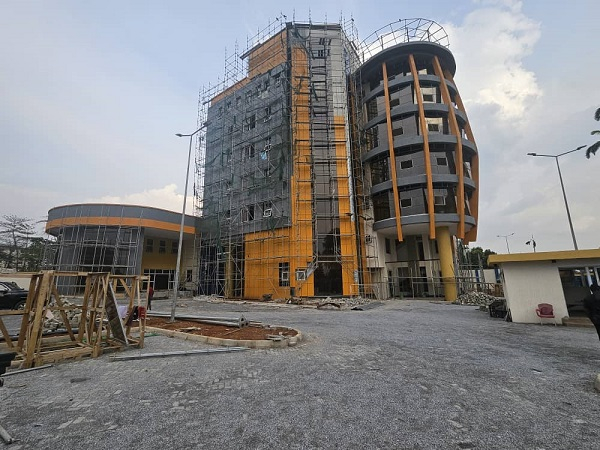
Tarkwa Regional Office nears completion
Tarkwa, a major mining hub, is also benefiting from the Minerals Commission’s decentralization strategy. The Tarkwa Regional Office is being built to mirror the Kumasi complex, with its foundation already completed.
The Commission aims to finalize the project by the end of next year, further strengthening oversight in Ghana’s Western mining belt.
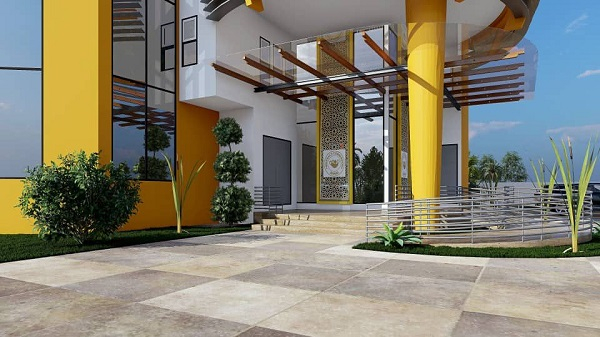
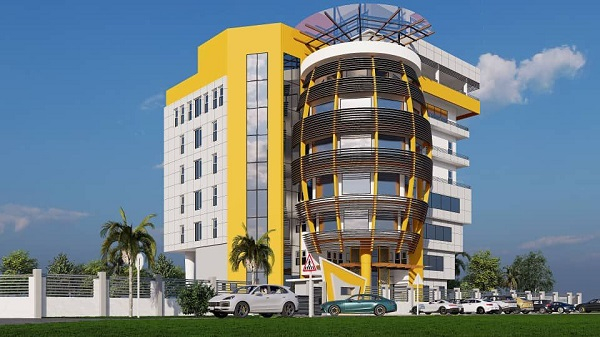
Revamping district offices for improved service delivery
In addition to new constructions, the Minerals Commission has been actively renovating existing district offices to ensure improved service delivery. The Bolgatanga and Wa district offices have recently undergone renovations, with plans to construct separate regional offices for these areas to better serve the mining communities in the Upper East and Upper West regions.
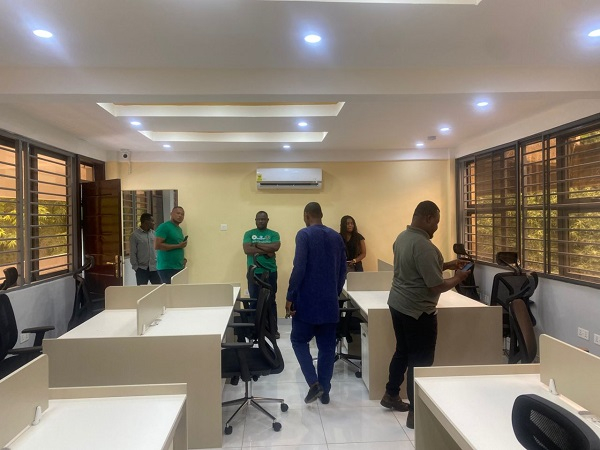
Tamale Office nears completion
The Northern Regional Office in Tamale is also progressing steadily, with construction updates as recent as February 14, 2025.
The Commission is targeting April 2025 for its completion, marking a major milestone in extending its regulatory presence across the northern sector of the country.
A vision for an efficient and decentralized Minerals Commission
Under the leadership of Martin Ayisi, the Minerals Commission has embarked on an ambitious decentralization plan to ensure that regulatory services are more accessible, responsive, and efficient.
By expanding its regional footprint, the Commission seeks to streamline mining sector governance, enhance compliance monitoring, and facilitate sustainable mineral resource management across the country.
With these ongoing projects, Ayisi’s tenure as CEO is leaving a lasting impact on Ghana’s mining regulatory framework, reinforcing the government's commitment to responsible and decentralized mineral resource administration.
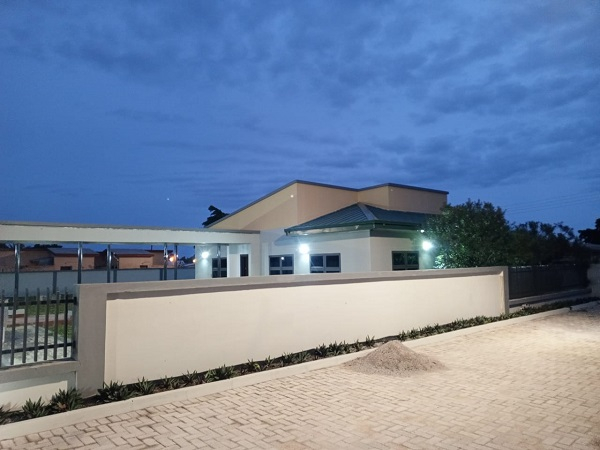
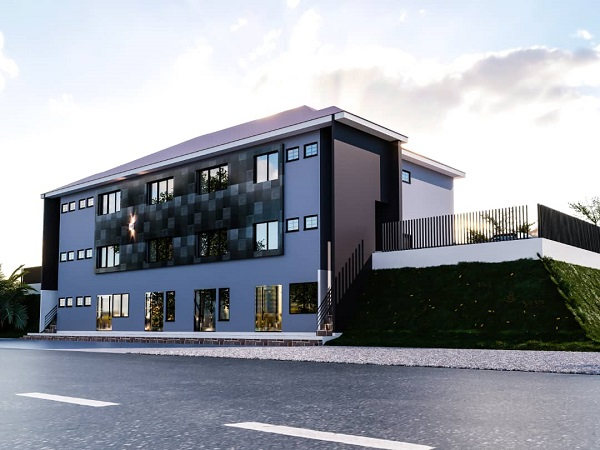
Mining of Monday, 10 March 2025
Source: Elikem Agbozo, Contributor

